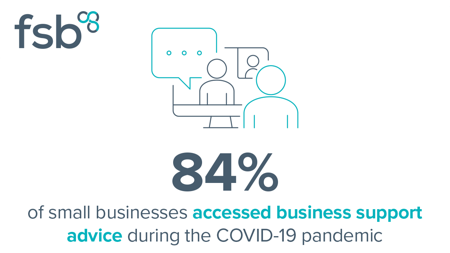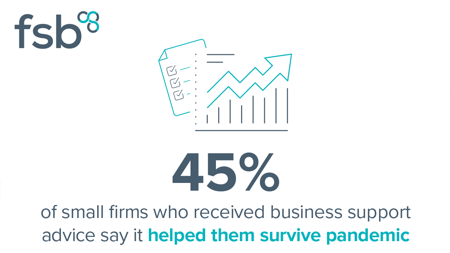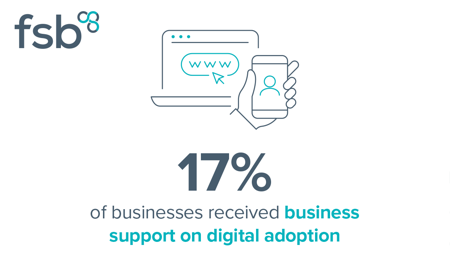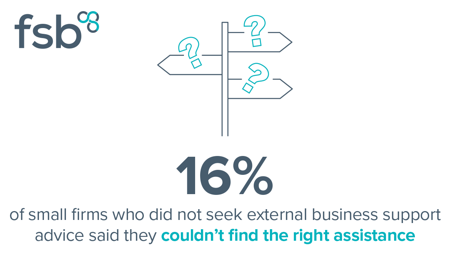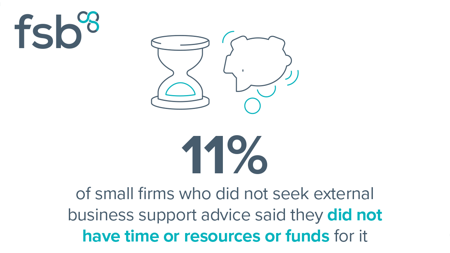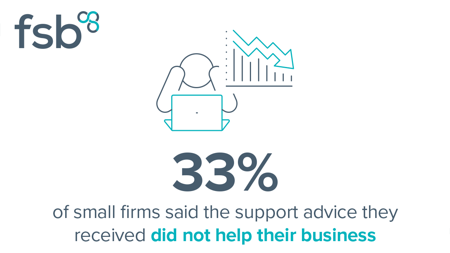UK Government should simplify the English business support landscape, making it easier for businesses of different sizes to navigate, whilst maintaining a local connection to LEPs and Growth Hubs.
This can be achieved by establishing one business support brand across England, e.g. Business England, covering all LEPs (in a similar fashion to that achieved in Scotland). More broadly, the Government will play a critical role in providing coordination and stewardship to bring together the many actors involved in the complex business support landscape.
UK Government should ensure that the level of funding for business support via UK Shared Prosperity Fund matches, or exceeds, those funds previously received under European Structural and Investment (ESI) funding, and that it continues to outpace similar EU funding schemes.
This will help to capitalise on the opportunities associated with Brexit and ensure adequate funding for LEPs and devolved systems of business support in the future. As we seek to adapt and refine our business support options, they should be adequately resourced to serve the small business population.
UK Government should introduce regional programmes and business support schemes in England to rebalance the variation in take-up across the UK as part of its Levelling up plans.
Of all the regions in England, small businesses in the North East are least likely to use free sources of trade-based or private support. More businesses in the North West stated that they cannot find the right assistance for their business. Rural businesses were significantly more likely to report that they have doubts about the benefits and relative value of business support advice, and less likely to see business support advice as affordable. This could be addressed through regional schemes and would align with the government’s Levelling Up plans.
Governments in England, Scotland, Wales and Northern Ireland should continue to publish statistics on business support after the pandemic support ends.
Publishing data on business support would inform and improve the quality of business support provision across all nations. At the moment, there is not a comprehensive dataset assessing the business support landscape other than the statistics published about various coronavirus support schemes.
The UK Government should launch a second round of, or reopen, the Brexit Support Fund and expand the eligibility criteria to allow more businesses to benefit from the Fund.
There is still high demand from small firms for advice and support as they adapt to changes to the UK-EU trade relationship. FSB research from March 2021 shows that 45 per cent of businesses have sought professional advice on customs and 35 per cent on trade to deal with EU exitrelated issues since the end of the transition period.1 Reopening, or launching a second round of, the Brexit Support Fund would allow these firms to benefit from the government support and adapt to the new trade rules. The eligibility criteria for any future Support Fund should also be adjusted so that it is not just restricted to businesses that only trade with the EU. Previously,
businesses that derived more than 90 per cent of their export-derived revenue from trade with the EU were locked out because they had exported occasionally to non-EU markets. These businesses are still overwhelmed by the volume of changes to EU trade and need support.

